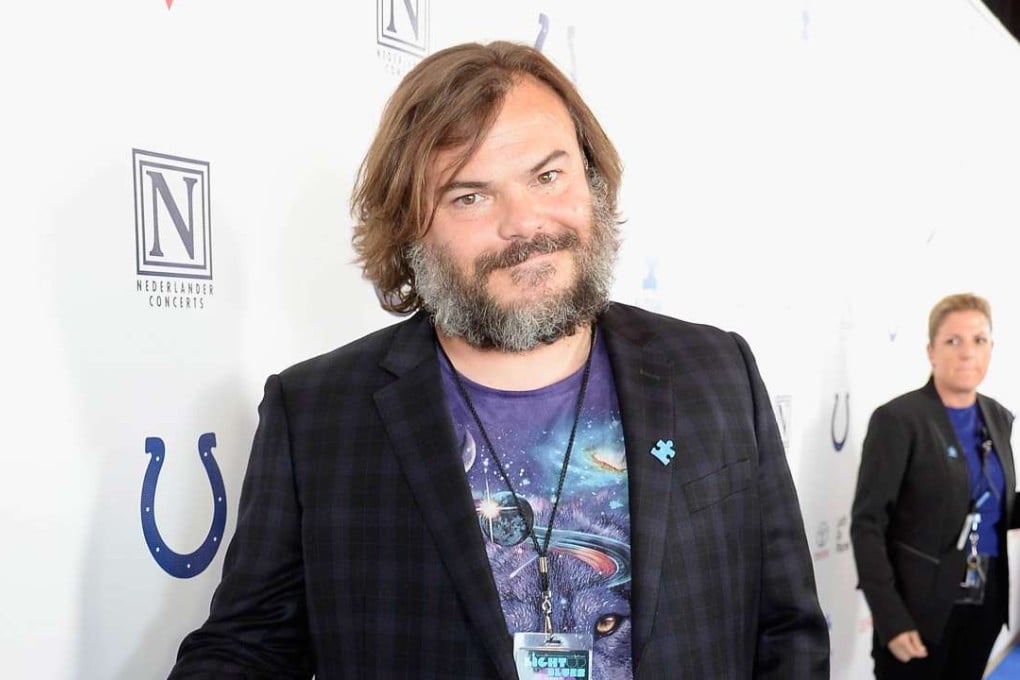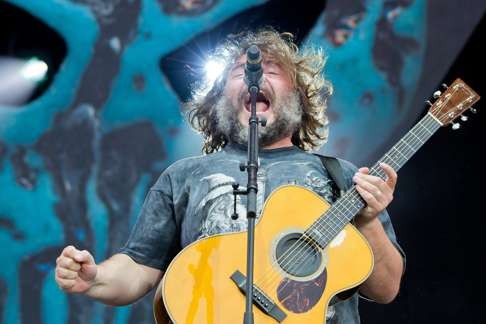No, Jack Black isn’t dead - but he is a victim of the same epidemic that claimed Jackie Chan, Britney Spears and Justin Bieber

It has killed Jackie Chan, Britney Spears, Morgan Freeman and Justin Bieber. And now, the epidemic has selected its next victim.
“I’m sad to officially announce the death of Jack Black at the age of 46, rest in peace brother.”
This message appeared early Sunday morning on the Twitter account of Tenacious D, the band of actor Jack Black and his longtime friend Kyle Gass.

“Calm down guys! It’s just a prank bro,” the account tweeted. The person using it then identified as the Twitter user @ruthless. “I’m going to assume Jack is asleep right now,” @ruthless tweeted from @RealTenaciousD. “So when he wakes up, email the email that was linked to this Twitter for his account back.”
Soon enough, the account of @ruthless was suspended, the tweets were deleted and the band sent out a message similar to those of all the celebrities who’ve had to debunk their own deaths before.
We’ll never know exactly what inspired @ruthless to bestow an Internet kill on Black, who has been through the death-hoax machine at least twice before. But it’s a likely bet that the death of Muhammad Ali was not far from the hacker’s mind. Twitter, and every other corner of the web, showed an astounding outpouring of dedications, stories and praise after the boxer’s death was announced Saturday.